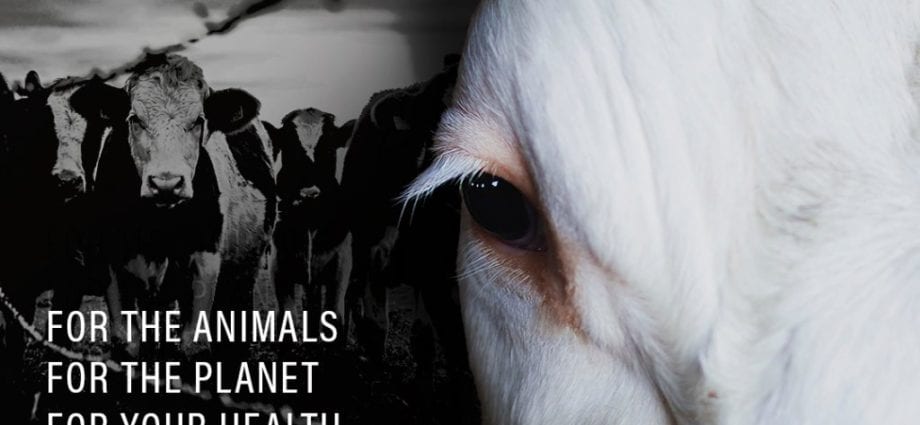According to the Federal State Statistics Service of the Russian Federation, per capita consumption of milk and dairy products in 2013 was 248 kilograms. The agroru.com portal believes that an important trend is that Russians are consuming much more milk and dairy products than they have been in the past few years. For milk and dairy producers, these forecasts look very optimistic.
Meanwhile, scientists associate a number of serious problems with the consumption of cow’s milk. For instance:
– The mortality rate for women drinking more than 3 glasses of milk a day for 20 years is almost double the mortality rate for women drinking less than one glass of milk a day. These data are the results of a large study conducted in Sweden. In addition, consuming large amounts of dairy products did not have a positive effect on the health of the skeletal system. In fact, these people were more likely to have fractures, especially hip fractures.
– In studies conducted in different countries, higher consumption of dairy products was associated with an increased risk of developing prostate and ovarian cancer.
“Milk protein may play a role in type I diabetes, and The American Academy of Pediatrics warns that feeding cow’s milk to a baby under one year old increases the risk of type I diabetes.
– According to another study, in countries whose population consumes more dairy products (with the exception of cheese), the risk of multiple sclerosis is increased.
– Excessive milk consumption is associated with the appearance of acne.
And, probably, it is a well-known fact that milk is one of the most common food allergens in the world.
And this is not a complete list of troubles and problems that arise from the regular consumption of cow’s milk and dairy products.
I am not urging you to say goodbye to milk forever. The purpose of this article is to provide you with information that contradicts common myths about the health benefits and needs of milk.
My subjective feeling, based on three years of experience in communicating with people on the topic of nutrition, is that the “milk” question causes the most acute reaction. And this can be understood: how, for example, a woman who raised her children on cow’s milk can come to terms with the idea that she was doing them harm? This is simply impossible!
But instead of aggressively denying the scientific facts, it may be worth trying to adjust your diet. It is never too late to do this, because the negative consequences described above arise after many years and thousands of liters of dairy products.
If you are interested in understanding and learning more about how cow’s milk affects our body, I again recommend reading the book “China Study”. And if you are thinking about what you can replace milk with, then you will find the answer at this link.
Be healthy! ?










